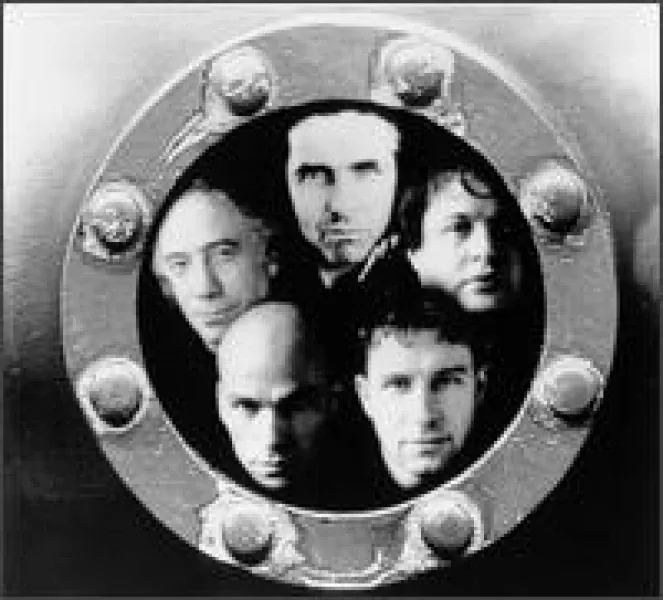
Marillion
Top Marillion albums
Top Marillion lyrics
Marillion biography
Marillion emerged from the short-lived progressive rock revival of the early '80s to become one of the most enduring cult acts of the era. The group formed in Aylesbury, England, in 1979, and adopted its original name, Silmarillion, from the title of a J.R.R. Tolkien novel. Initially, Marillion were comprised of guitarist Steve Rothery, ba**ist Doug Irvine, keyboardist Brian Jelliman, and drummer Mick Pointer, but after recording "The Web," an instrumental demo, they recruited vocalist Fish (born Derek Dick) and ba**ist Diz Minnitt. Prior to recording their debut single, "Market Square Heroes," keyboardist Mark Kelly and ba**ist Pete Trewavas replaced Jelliman and Minnitt.br /br /Marillion issued their debut album, Script for a Jester's Tear, in 1983, and on the strength of a relentless touring schedule they won a loyal following. With new drummer Ian Mosley (formerly of Curved Air) firmly in place, they returned to the studio for 1984's Fugazi, which streamlined the intricacies of the group's prog rock leanings in favor of a more straight-ahead hard rock identity; the refinements paid off, and both "Assa**in" and "Punch and Judy" became British hits. With 1985's Misplaced Childhood, an elaborate conceptual album reflecting Fish's formative experiences, Marillion earned their greatest success to date; the lush ballad "Kayleigh" reached the number two position on the U.K. charts, and became a hit in the U.S. as well. The follow-up, "Lavender," was also a smash, but the group began crumbling: Fish developed alcohol and drug problems, and egos ran rampant. After 1987's Clutching at Straws (and the 1988 live effort The Thieving Magpie), Fish left the band for a solo career.br /br /The initial release of post-Fish Marillion did not substantially alter the sound the band had displayed on Misplaced Childhood and Clutching at Straws. The addition of lyricist John Helmer and lyricist/vocalist Steve Hogarth came after the band had developed much of the musical material for Season's End, and few alterations in style were made. The follow-up, Holidays in Eden, was intended as a more mainstream rock album but failed to attract a wider audience. Marillion's record label, EMI, gave the band a higher budget for the next album and the result of 15 months labor was Brave, a concept album that mixed cla**ic symphonic progressive rock with standard rock. The following release, Afraid of Sunlight, considerably altered the band's approach with great success -- it is the most consistent Marillion release to date. br /br /Following Afraid of Sunlight, the bandmembers split up briefly to record side projects. Hogarth released Ice Cream Genius under the name H, Rothery formed the Wishing Tree (which produced Carnival of Souls), and Mosley and Trewavas joined Iris for Crossing the Desert. The Rothery and Hogarth projects were both very acoustic in nature, and when the band re-formed for This Strange Engine in 1997, Marillion's style changed again to a softer sound. br /br /After the release of This Strange Engine, Marillion scheduled a European tour, but keyboardist Kelly posted an Internet message stating that the band would not tour the United States due to a lack of record company support. Fans of the band worldwide joined forces to raise over $60,000 to underwrite the tour, and the band undertook its largest North American tour since Holidays in Eden. In 1998, the band returned to the studio to record its tenth album, Radiation. Again changing styles, the effort showed the influences of the Beatles and Radiohead, specifically OK Computer. Marillion.com followed in 1999, and the 2000s have thus far seen the release of two additional studio albums, 2001's Anoraknophobia and 2004's Marbles, the latter displaying the influences of both U2 and Pink Floyd. ~ Jason Ankeny & Dale Jensen, All Music Guide
